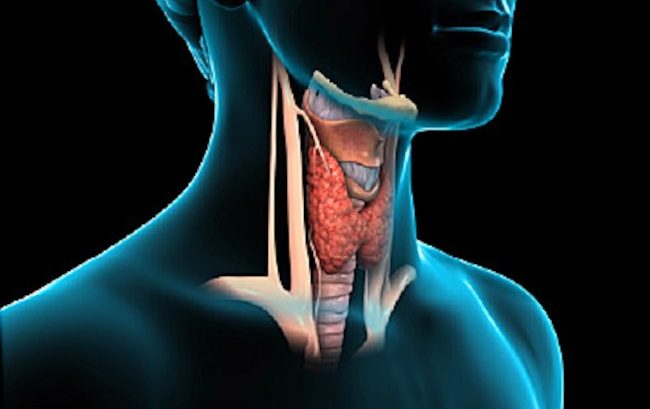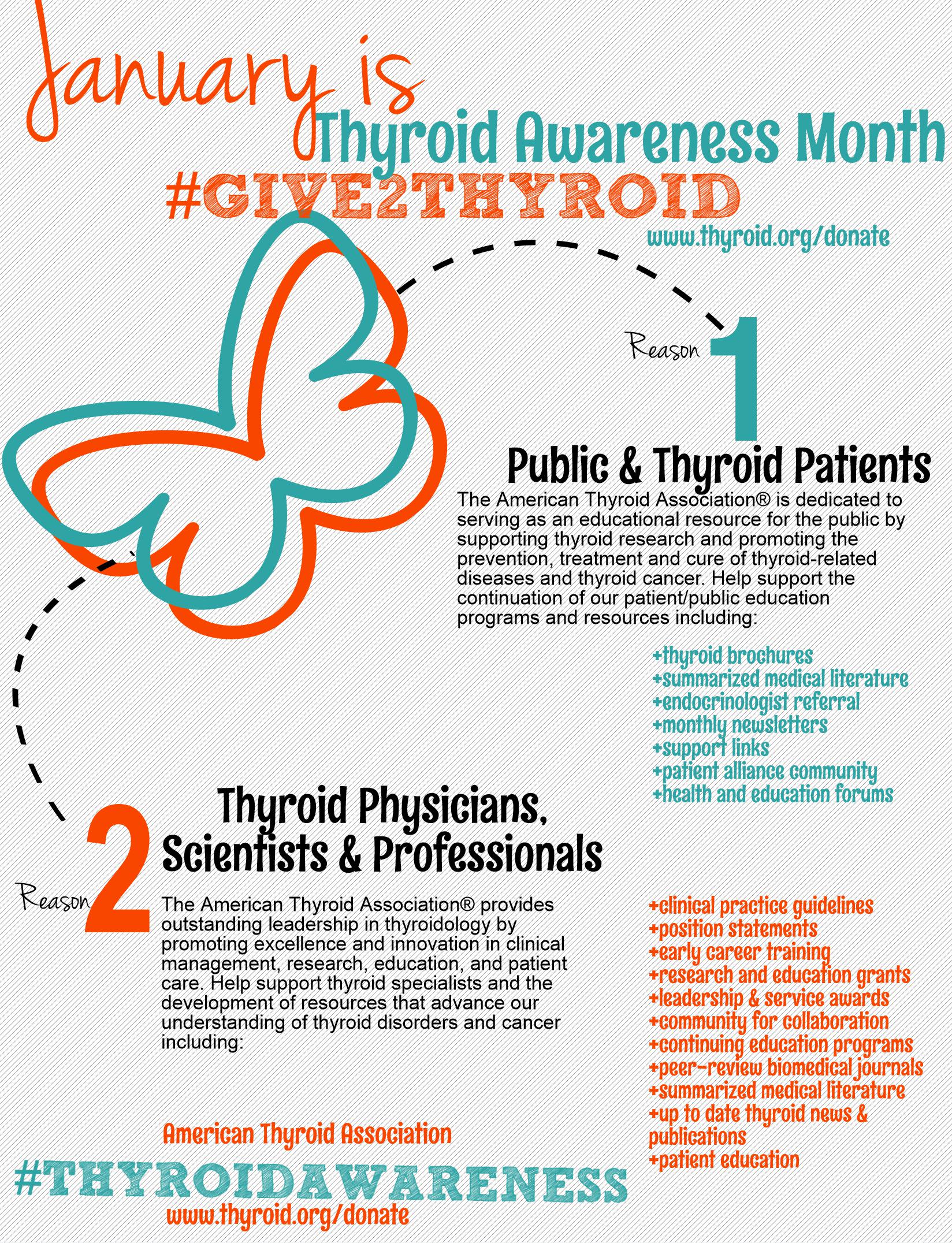What You Need To Know About Your Thyroid
Because February is Thyroid Awareness Month, your concierge primary care doctors at MD 2.0 Jupiter, in Jupiter, Florida, would like to provide an overview of this vital gland in your body, and some things you can do to keep it healthy.
This gland, shaped like a butterfly, is located at the front of the neck, just below the Adam’s apple. It produces a hormone (thyroid stimulating hormone, or TSH) that influences nearly all the metabolic processes in the body. Thus, when something goes wrong, this small gland can produce large problems. The World Health Organization (WHO) estimates that 750 million people in the world have some form of thyroid disease. As many as 60% of those are undiagnosed.
In general, the two main types of thyroid disorder stem from either underproduction or overproduction of the thyroid hormone, and as you might expect, the symptoms of each are opposites of each other.
Hyperthyroidism results from too much output of thyroid hormone. The result is that every process in the body is speeded up (thus, “hyper”-thyroidism). The heart beats faster, food is digested more rapidly, the kidneys process urine more quickly, and so on. It’s as if your car is in park, but you’re pressing hard on the accelerator, revving the engine. With the added “gas” of too much TSH, it’s easy to see why hyperthyroidism can produce so much damage throughout the body, to nearly every organ.
Some of the symptoms of hyperthyroidism include:
- increased perspiration
- insomnia
- increased appetite
- weight loss
- hair loss
- heart palpitations/irregular heartbeat
- sensitivity to heat
- diarrhea
- thinning hair
There can also be other symptoms, and they vary from person to person. Often they are dismissed as stress, feeling “run down,” or simple aging.
The more common hypothyroidism means the thyroid doesn’t release enough thyroid hormone. Therefore, every process in the body is slowed (“hypo,” meaning not enough). Returning to the car analogy, it’s as if you’re trying to drive on the road, but the car isn’t getting enough gas through the fuel line. Everything slows down.
Some of the symptoms of hypothyroidism include:
- fatigue
- sensitivity to cold, especially cold hands and feet
- constipation and gas
- brain fog/memory problems
- weight gain
- dry skin
- poor appetite
- lowered libido
- puffy/swollen face
- muscle weakness
Other symptoms may occur, and vary from person to person. Sometimes they are so subtle that, again, they can be dismissed as “just life.”
But if you are experiencing any of these symptoms, it’s important that you consult us to receive thyroid function tests, because treatment for over- or under-active thyroid is simple, safe, and effective. But untreated thyroid disease can damage many organs of the body, including the heart and kidneys. In rare cases (myxedema), it can even lead to death.
Meanwhile, here are some steps you can take to keep your thyroid healthy.
- Use iodized salt. The thyroid requires iodine to function properly, but the recent craze for the use of various specialty salts like sea salt and Himalayan salt which lack iodine, has reduced the amount of iodine in some diets. Too little iodine can result in hypothyroidism.
- Cook cruciferous vegetables. Cauliflower, cabbage, kale, kohlrabi, watercress, broccoli, and Brussels sprouts contain substances called goitrogens that interfere with efficient synthesis of thyroid hormones. Cooking inactivates these substances.
- Eat more seafood. Specifically, shrimp, clams, mussels, crab, and lobster. They are rich sources of iodine.
- Avoid processed foods. Processed and packaged foods do not contain iodized salt.
Finally, do not try to self-treat a suspected thyroid problem, especially with iodine supplements, which can make symptoms worse. Correcting an unbalanced thyroid is a process which takes careful monitoring to reach optimal levels. If you suspect you have a thyroid issue, let us know and we can work with you to correct it.


